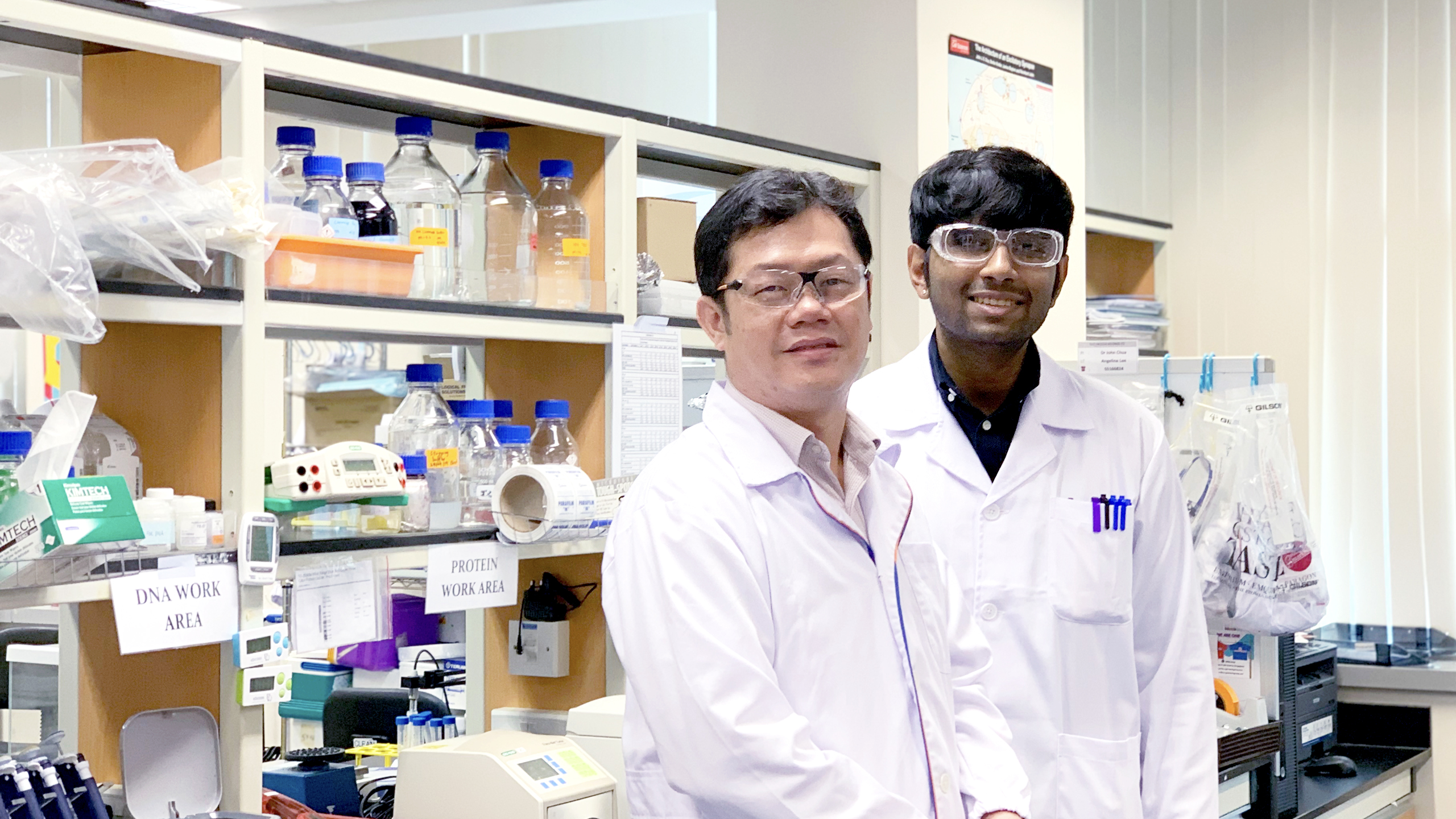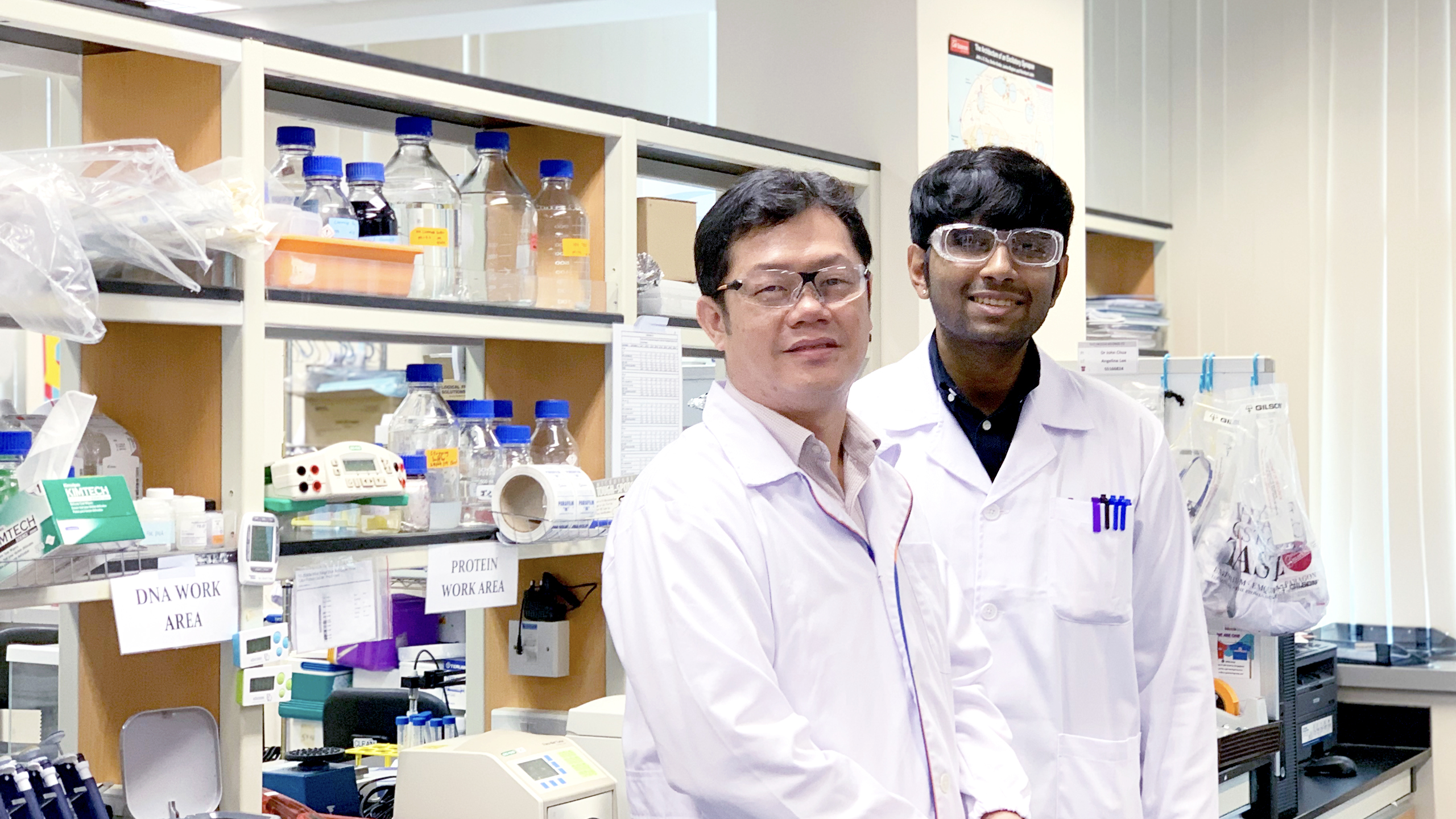A team of researchers from various institutions, led by an assistant professor at National University of Singapore's Yong Loo Lin School of Medicine, John Chua Jia En, made a breakthrough in medical science.
 Photo courtesy of NUS Yong Loo Lin School of Medicine.
Photo courtesy of NUS Yong Loo Lin School of Medicine.
The team made a novel discovery of early asymptomatic biomarkers for Alzheimer's disease (AD), which causes dementia.
Discovery of biomarker which causes Alzheimer's Disease
The biomarker, heme-binding protein one or Hebp1, was found using comparative protein profiling of AD tissue models.
A biomarker is basically a biological molecule in body fluids that can help identify a condition or disease.
In their four years of research, the team found elevated levels of Hebp1 in patients with AD, especially those with rapidly progressing AD.
They found that the presence of Hebp1 in the brain will lead to the death of brain cells, when blood is leaked from damaged blood vessels in the brain.
When there is no Hebp1, very little brain cells were killed.
This is the major underlying cause of AD.
New breakthrough
This finding was published in eLife, an established scientific journal that publishes work of the highest scientific standards, in areas such as life and biomedical sciences.
Hebp1 is being evaluated with clinical partners in Singapore for its usefulness as an identifying biomarker for AD patients, even before they begin to exhibit signs of cognitive impairment.
The biomarker is also being assessed for its relevance in the development of other conditions, such as stroke and vascular dementia.
Once the preliminary results prove promising, this early detection of Alzheimer’s would be extended to include undiagnosed patients of higher risk groups.
A serious issue for Singaporeans
Alzheimer’s disease is the most prevalent neurodegenerative disorder leading to memory loss and progressive cognitive decline.
In Singapore, about one in 10 people aged 60 and above may have dementia.
Chua added,
"These discoveries could potentially lead to earlier diagnoses of AD and improve management of the disease, including the possibility of slowing the progression of neuronal damage and the patient’s manifestations of cognitive impairment. This would mean that patients would be able to have a better quality of life despite the diagnosis.”
Top image courtesy of NUS
If you like what you read, follow us on Facebook, Instagram, Twitter and Telegram to get the latest updates.
